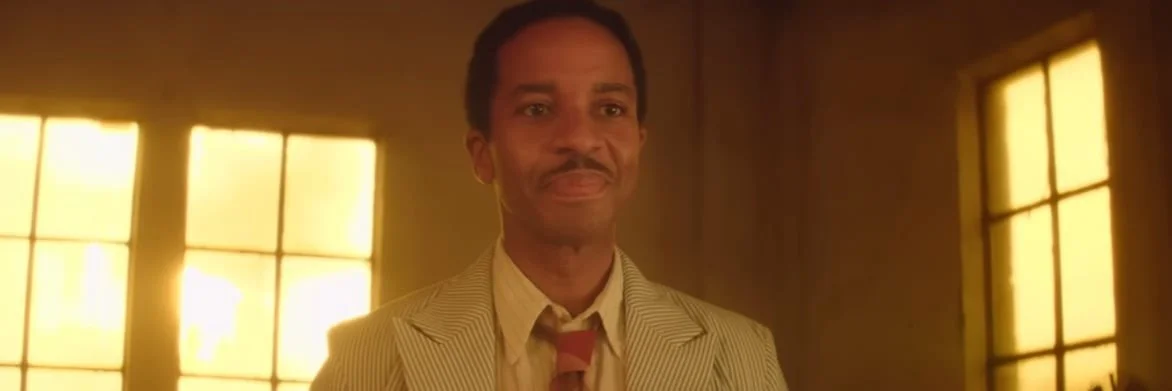
The news today that Rotten Tomatoes has decided to add more "critics" to its aggregate site has been met with divisive reaction. This is basically RT trying to diversify and have more critics that aren't white and male, I'm fine with that, but not when you decide to add a bunch of Vloggers and bloggers to the equation. The definition of what a "film critic" is supposed to be has changed drastically based on today's events, not that it hadn't already before, with the news that over 200 new Tomatometer-approved critics have been added to Rotten Tomatoes.
The newly added 'critics' come from various different media platforms including Podcasts, and YouTube streaming shows. In addition, the site has now decided to add personal blog critics.
“The feedback we kept getting is that film criticism has changed,” said Jenny Jediny, Rotten Tomatoes critics relations manager. "Layoffs at major print publications and magazines have left a mark," she said. “More people are freelancing, but our site didn’t reflect that. We were only focused on the reviews they were writing for pre-approved publications.”
If you remember the backlash that Actress Brie Larson received earlier this year, for a speech she gave at the Women in Film Crystal + Lucy Awards, where she insinuated that lack of diversity in film criticism was to blame for the negative reviews of films which featured main characters of different races and/or backgrounds. She went on to give the terrible example of Ava DuVernay's "A Wrinkle In Time," saying “I do not need a 40-year-old white dude to tell me what didn’t work for him about ‘A Wrinkle in Time, It wasn’t made for him.” To which I stated that "A Wrinkle In Time" was almost just as hated by female critics as it was by males.
Why is the news of newly added critics to RT so important? Well, a fresh or rotten score has shown to severely impact the box-office of many marquee films . It is an uncontested fact that many millennials turn to Rotten Tomatoes for their weekend movie decisions.
According to a recent study by USC, White critics, male and female, "wrote 82% of the reviews of the top 100-grossing films of last year. Whereas critics with an "underrepresented racial and ethnic backgrounds penned a mere 18% of reviews. Just over 20% of the 19,559 reviews that the study’s authors evaluated were written by women."
Paul Yanover, president of Fandango, Rotten Tomatoes’ parent company, said the new additions will help create “a better product. More reviews means we’re including more points of view and more platforms… By opening the aperture wider, we’re being more reflective of where film criticism is going.”





